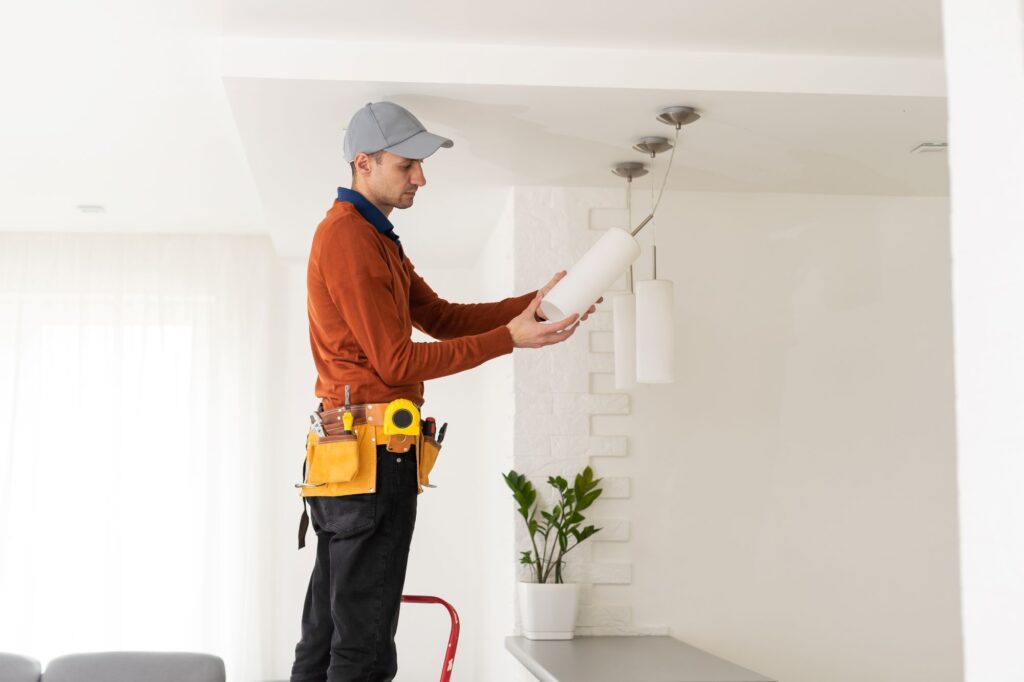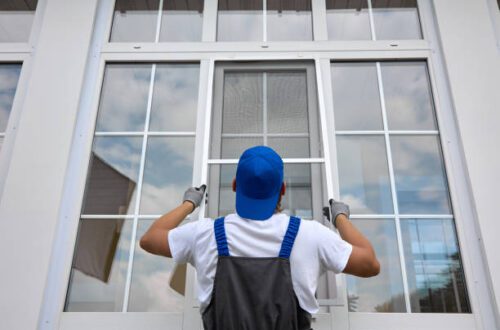Living alone, whether out of necessity or for self-sufficiency, can present unexpected challenges. One significant challenge is ensuring electrical safety in your home. Given electricity’s vital role in daily life, mishandling it can lead to severe consequences. Therefore, understanding and implementing electrical safety practices, as well as knowing when to call in a Wagga residential electrician (or one like it), becomes imperative.
Your home may have gadgets and appliances designed for comfort. However, these conveniences also pose risks if not used or maintained correctly. Thus, equipping yourself with vital electrical safety tips for living alone is advisable.
From seeking professional help to managing electrical emergencies, the tips discussed below can ensure a safer and more enjoyable solo living experience. Keep reading.
1. Connect With A Professional Electrician
Electricity is not a domain for guesswork. One of the essential steps toward safety is establishing contact with a professional electrician. Having an electrician’s contact readily available can be a significant advantage. They have the necessary knowledge and experience to safely and effectively manage your electrical needs.
Whether you’re dealing with a complex electrical issue or need routine maintenance, a skilled electrical contractor can guide you. Finding a reliable electrician, like The Local Electrician, is less challenging than it seems.
Getting recommendations from trusted individuals—friends, family, or neighbors who have previously engaged an electrician can provide valuable insight into their reliability and professionalism. Online reviews and ratings are also resourceful, offering a wide range of perspectives from past clients.
2. Invest In Surge Protectors
Living alone means you’re the sole handler of all gadgets in your house. These devices, from televisions to computers and other electronics, are vulnerable during power surges. A power surge can damage or destroy your devices and, in extreme cases, trigger electrical fires.
Invest in whole house surge protection to shield your appliances and electronics. Surge protectors guard your devices against power spikes and extend their lifespan. However, be mindful that not all power strips offer surge protection, so ensure to verify this feature when purchasing.
3. Understand Your Electrical Panel
Your electrical panel is the core of your home’s electrical system. Comprehending its function can shield you from potential electrical incidents. It’s the hub from which electricity from your service provider gets distributed to different circuits in your home.
Ensure you know the location of your electrical panel and learn how to switch it off in emergencies. The panel should be correctly labeled, indicating each circuit’s function. If unsure about anything, avoid tampering with your electrical panel—always seek help from a professional electrician.

4. Schedule Regular Maintenance Checks
Like your health, your home’s electrical system needs regular check-ups. Wiring can become worn over time, outlets may loosen, and appliances could malfunction, all posing serious risks.
Regular maintenance checks with your trusted electrician northern suburbs (or wherever it is you are in the world) are advisable. They can identify potential problems before they worsen and provide expert advice on appliance usage and maintenance for their longevity and safety.
5. Learn Basic Emergency Procedures
Despite being cautious, electrical emergencies can occur. Knowing how to respond accurately to these emergencies is crucial for your safety and property protection.
Learn how to use a fire extinguisher and keep one easily accessible. Understand what to do during an electrical fire—remember, never use water as it conducts electricity. Familiarize yourself with managing a power outage and have an emergency kit ready. These small yet vital measures can significantly help during emergencies.
6. Mind The Extension Cords And Power Strips
Extension cords and power strips offer extra outlets but should be used wisely. Overloading these devices can cause overheating, possibly leading to an electrical fire. Extension cords are a temporary solution, not a permanent substitute for additional outlets.
Check your extension cords and power strips’ power rating and ensure the combined power of the plugged-in devices doesn’t exceed this rating. Always unplug and store extension cords after use and avoid running them under rugs or heavy furniture. For power strips, opt for those with built-in circuit breakers, as they automatically turn off if overheated or overloaded.
7. Practice Appliance Safety
Regardless of size, appliances play a significant role in your daily life. However, they also pose potential risks if not used and maintained correctly. Thus, practicing appliance safety should be integral to your electrical safety routine.
Always adhere to the manufacturer’s instructions when operating appliances. Keep your appliances clean and free from dust by regularly checking for signs of damage, like frayed cords or broken plugs. Unplug small appliances like toasters and coffee makers when not in use.
Remember, water and electricity don’t mix, so avoid operating any appliance with wet hands or near water sources. Proper usage and care of your appliances can drastically reduce electrical hazards in your home.
Conclusion
With these tips, you’re better equipped to ensure electrical safety while living alone. It’s about being proactive, informed, and ready to tackle any situation. By adopting these measures, you can create a safer environment, allowing you to enjoy the freedom and independence that living alone fully brings.
Remember, electrical safety is an ongoing process requiring constant attention and awareness. And you, embarking on your solo living journey, can make this happen.






